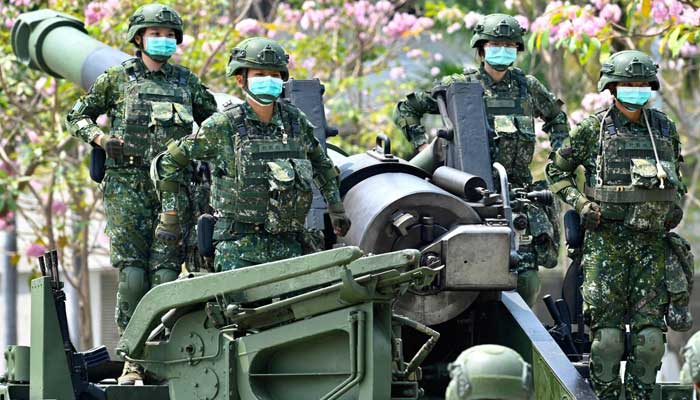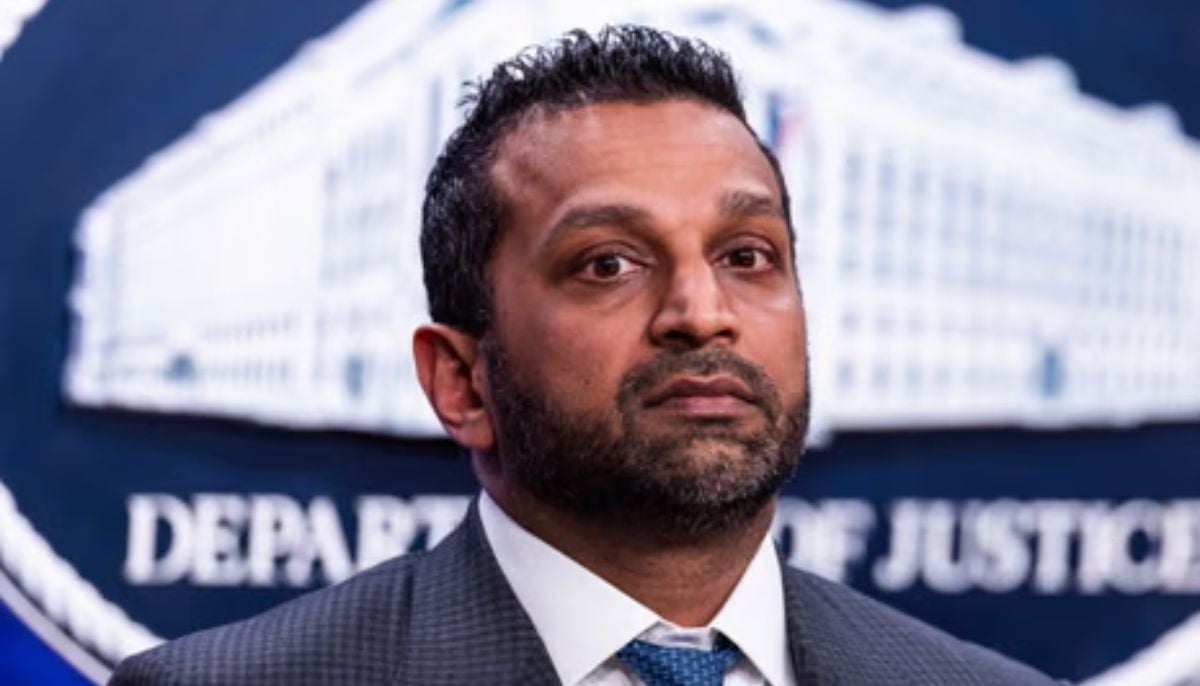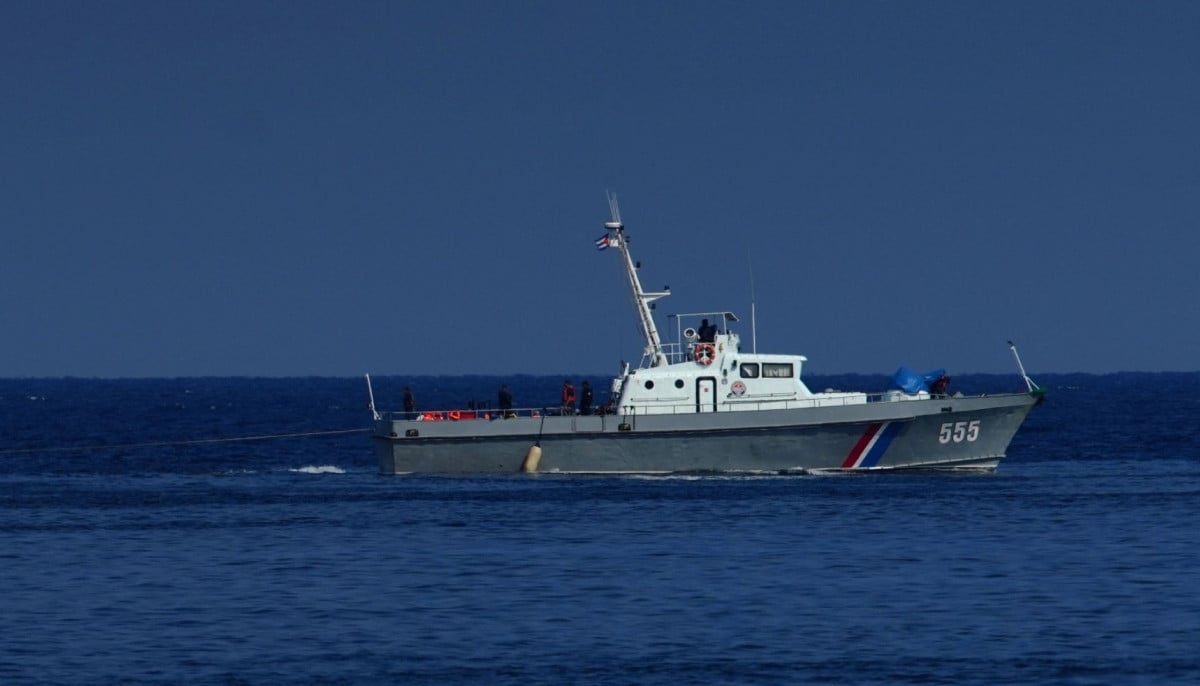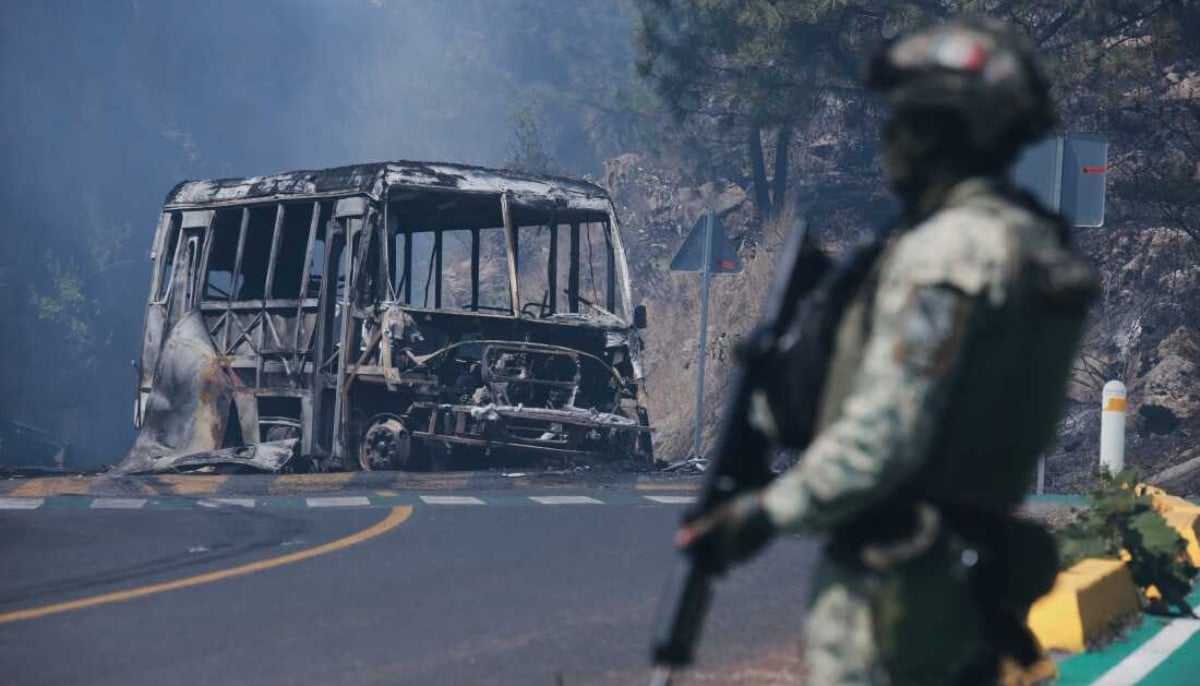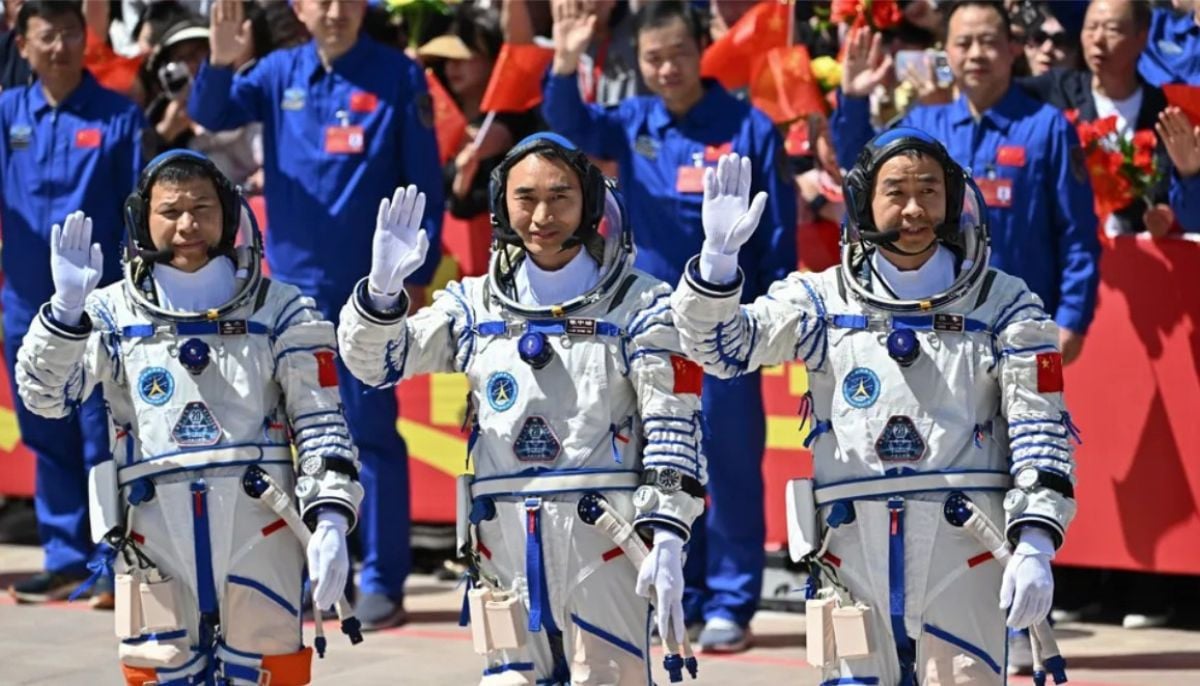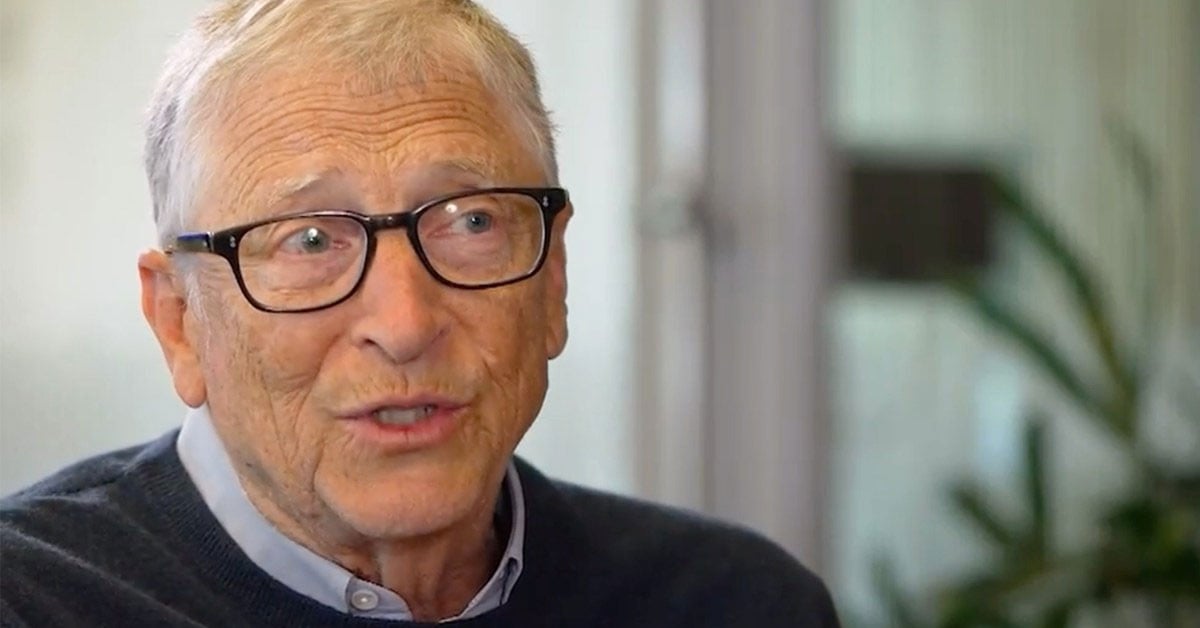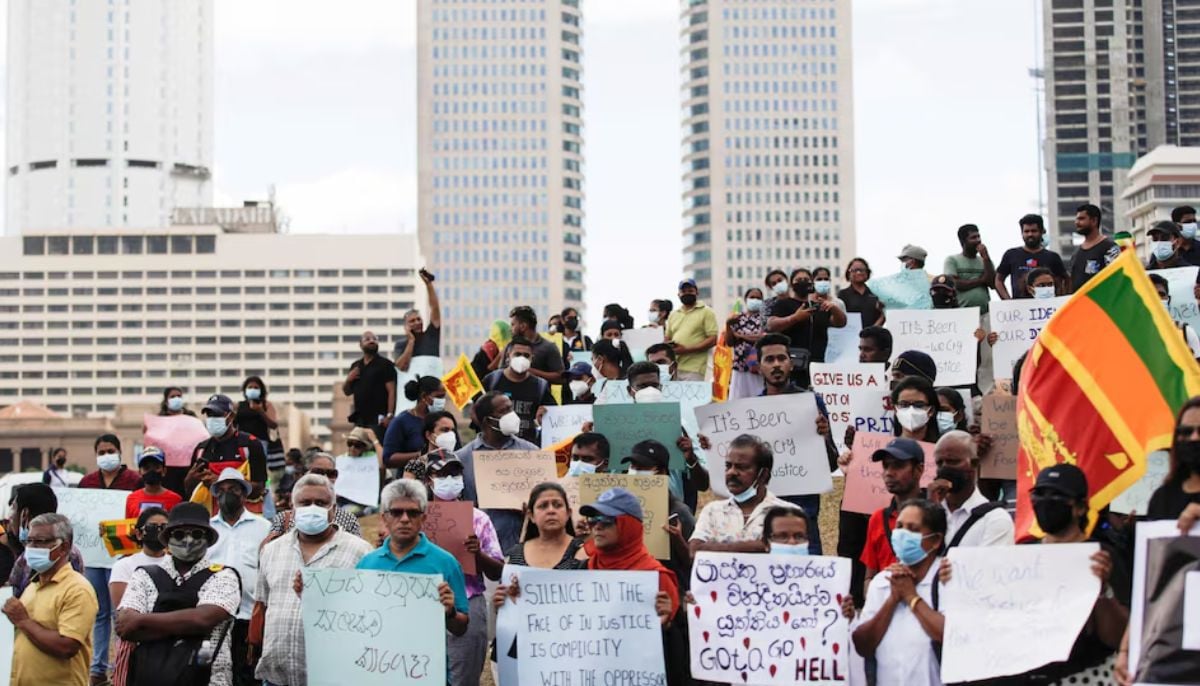US approves $1.1 billion in arms for Taiwan, angering China
China, calling Taiwan an "inalienable" part of its territory, urges the United States to "immediately revoke" the arms sales
WASHINGTON: The United States on Friday announced a $1.1 billion arms package for Taiwan, vowing to keep boosting the island's defenses as tensions soar with Beijing, which warned Washington of "counter-measures."
The sale comes a month after House Speaker Nancy Pelosi defiantly visited the self-governing democracy, prompting mainland China to launch a show of force that could be a trial run for a future invasion.
The package — the largest for Taiwan approved under President Joe Biden's administration — includes $665 million for contractor support to maintain and upgrade a Raytheon early radar warning system in operation since 2013 that would warn Taiwan about an incoming attack.
Taiwan will also spend $355 million on 60 Harpoon Block II missiles, which can track and sink incoming vessels if China launches an assault by water.
The deal also includes $85.6 million for more than 100 Sidewinder missiles, a mainstay of Western militaries for their air-to-air firepower.
Taiwanese Presidential Office spokesman Chang Tun-han in a statement thanked the United States for its continued support for the island's security and defense.
"This arms sale will not only help our soldiers fight against grey zone coercion, it will also enhance the island's early warning capabilities against long range ballistic missiles," he said.
The announcement of the sale comes one day after Taiwanese forces shot down an unidentified commercial drone amid a sudden spate of mysterious incursions that have unnerved the island following the earlier show of force by Beijing, which said it fired ballistic missiles over the capital Taipei.
China, calling Taiwan an "inalienable" part of its territory, urged the United States to "immediately revoke" the arms sales.
"It sends wrong signals to 'Taiwan independence separatist forces and severely jeopardizes China-US relations and peace and stability across the Taiwan Strait," said Liu Pengyu, spokesman for the Chinese embassy in Washington.
"China will resolutely take legitimate and necessary counter-measures in light of the development of the situation," he added.
'Essential' for Taiwan
A spokesperson for the State Department, which approved the sale, said the package was "essential for Taiwan's security" and stressed that the United States still recognized only Beijing and not Taipei.
"We urge Beijing to cease its military, diplomatic and economic pressure against Taiwan and instead engage in meaningful dialogue with Taiwan," the spokesperson said in a statement.
The sales "are routine cases to support Taiwan's continuing efforts to modernize its armed forces and to maintain a credible defensive capability," the spokesperson said on condition of anonymity in line with protocol.
"The United States will continue to support a peaceful resolution of cross-Strait issues, consistent with the wishes and best interests of the people on Taiwan."
The sale needs the approval of the US Congress, which is virtually assured as Taiwan enjoys strong support across party lines.
Ahead of the visit by Pelosi, who is second in line to the White House, Biden officials quietly made the case to China that she did not represent the administration's policy, as Congress is a separate and equal branch of government.
The weapons approval, by contrast, clearly comes from the Biden administration, although it is consistent with sales since 1979 when the United States switched recognition to Beijing but agreed to maintain Taiwan's capacity for self-defense.
Biden, on a trip to Tokyo in May, appeared to break with decades of US policy by saying the United States would defend Taiwan directly if it was attacked although his aides later walked back his remarks, insisting that US policy remained deliberately ambiguous.
China considers Taiwan a province awaiting reunification, by force if necessary. China's nationalists set up a rival government in Taiwan in 1949 after losing the civil war on the mainland, although the island has since blossomed into a vibrant democracy and major technological hub.
Russia's invasion of Ukraine has raised growing questions on whether China may follow suit in Taiwan and whether the island is equipped to defend itself.
In a July appearance, CIA chief Bill Burns said that Chinese President Xi Jinping was still determined to assert control over Taiwan but that Russia's woes in Ukraine may have prompted Beijing to wait and make sure it would have an overwhelming military advantage.
-
Chinese astronauts finally reveal why spacecraft left them ‘stranded’ for 437 days in space
-
Sinitta makes shock admission about marriage to Andy Willner post Simon Cowell heartbreak
-
Bill Gates calls ties to Jeffrey Epstein 'huge mistake,' reveals past 'affairs'
-
Switzerland announces one-time compensation for Swiss bar fire victims
-
Ryan Coogler shares thoughts about building community of actors amid 'Sinners' success
-
Heidi Klum gushes over Diplo collab 'Red Eye' despite DJ falling asleep during video
-
Israel behind majority of journalist deaths worldwide, watchdog claims
-
Former Sri Lankan intelligence chief arrested over 2019 Easter bombings
